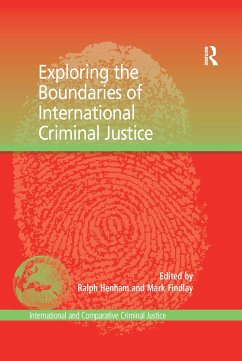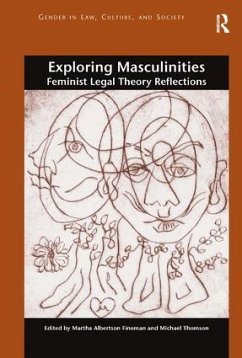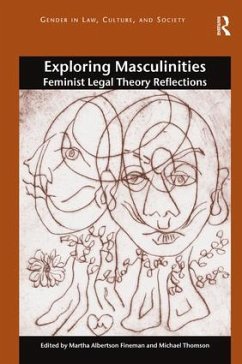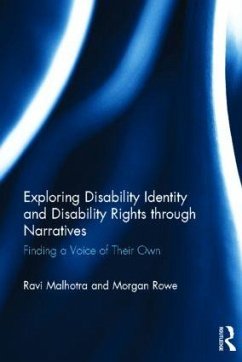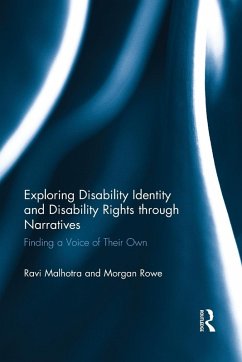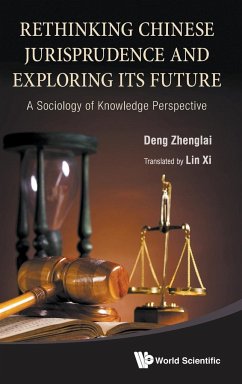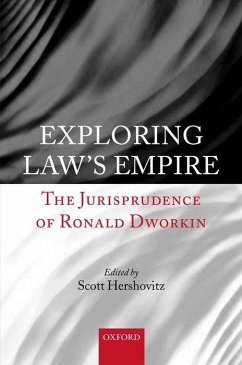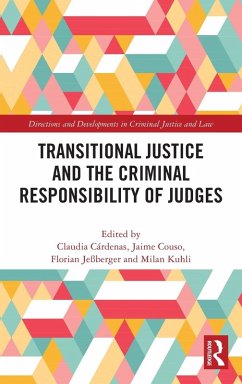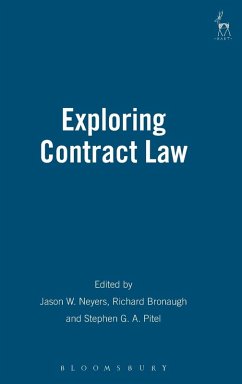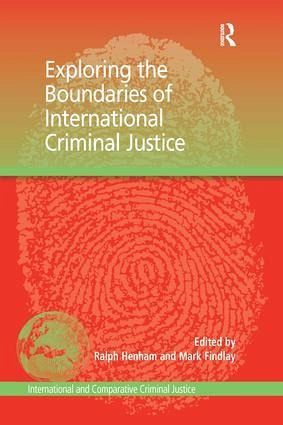
Exploring the Boundaries of International Criminal Justice
Versandkostenfrei!
Versandfertig in 1-2 Wochen
177,99 €
inkl. MwSt.
Weitere Ausgaben:

PAYBACK Punkte
89 °P sammeln!
This collection discusses appropriate methodologies for comparative research and applies this to the issue of trial transformation in the context of achieving justice in post-conflict societies. In developing arguments in relation to these problems, the authors use international sentencing and the question of victims' interests and expectations as a focus. The conclusions reached are wide-ranging and haighly significant in challenging existing conceptions for appreciating and giving effect to the justice demands of victims of war and social conflict. The themes developed demonstrate clearly ho...
This collection discusses appropriate methodologies for comparative research and applies this to the issue of trial transformation in the context of achieving justice in post-conflict societies. In developing arguments in relation to these problems, the authors use international sentencing and the question of victims' interests and expectations as a focus. The conclusions reached are wide-ranging and haighly significant in challenging existing conceptions for appreciating and giving effect to the justice demands of victims of war and social conflict. The themes developed demonstrate clearly how comparative contextual analysis facilitates our understanding of the legal and social contexts of international punishment and how this understanding can provide the basis for expanding the role of restorative international criminal justice within the context of international criminal trials.





